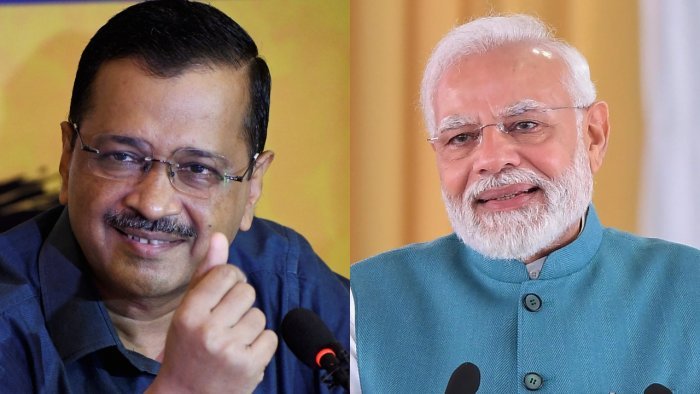When Suhas Palshikar argues that one party dominates the political landscape, voters follow every election in the hopes that a new contender will emerge to challenge the incumbent. Recent midterm elections in November and December of 2022 were no different. Even the municipal elections in Delhi were essentially treated as if they were for the state assembly. Elections for the Municipal Corporation of Delhi (MCD) have gained national attention alongside those in the neighbouring states of Himachal Pradesh and Gujarat. When the BJP, which had previously controlled all three of Delhi’s pre-merger municipal councils, was defeated by the Aam Aadmi Party (AAP), the latter became the centre of attention rather than the Modi government.

A stable dominance of one party leads to churning among the opposition, as seen by India’s first dominant party system. That turmoil has been caused by the current second dominant party system, with its ongoing destruction of the Congress and internal one-upmanship among state parties to take the role of major challenger. Each believes it can mount a serious national challenge to the established party. Since 2015, when the Janata Dal (United), the Trinamool Congress, and the ever-declining Congress party have all claimed to be the new second major party system, the contours of which remained unclear. In recent years, the party formerly known as the Telangana Rashtra Samithi has been trying to establish itself as a more vocal opponent of the Bharatiya Janata Party (BJP), going so far as to alter its name to Bharat Rashtra Samithi to reflect this.
In this context, the Aam Aadmi Party’s (AAP) triumph in Delhi and its relatively strong performance in Gujarat after its success in Punjab were briefly considered as the birth of a new power centre that may serve as the nucleus of opposition unity. However, AAP’s success has mostly been at the expense of the Congress, and with the exception of the MCD, AAP has never actually challenged the BJP head-on. It suffered a crushing defeat at the hands of the BJP in Delhi during the 2019 Lok Sabha elections. So, it should not be taken seriously when it claims to be the backbone of anti-BJP movements.

The question that has become so familiar to the dominant party system is thus once again at the forefront of our minds: do the current elections usher in any novel processes that might alter the character of party competition in the near future? Although AAP’s shortcomings were made clear in Gujarat, the Congress’s lacklustre performance in both Delhi and Gujarat highlights the party’s own shortcomings. The Prime Minister’s stay in Gujarat and the BJP’s losses in Delhi and Himachal Pradesh are further evidence of the party’s limits. But these elections show no sign of seriously undermining the BJP’s supremacy, despite its defeats in Delhi and Himachal Pradesh.
There are two groups of factors that lend confidence to the BJP’s continued rule. One concerns the parties that are not the BJP. Although the BJP has been in power for eight years, the opposition parties still don’t seem to understand what the party actually stands for. They persist in thinking that the BJP can be deposed with nothing more than a random coalition of opposition parties. Even more concerning, the non-BJP parties do not take into account the BJP’s takeover of the state apparatus in both major and minor power centres. Legislators and judges put on the appearance of doing their jobs as part of ordinary democratic politics, but the BJP and its governments at the centre and in the states act almost like a deep state with a vindictive goal.

The second set of factors contributing to the BJP’s success is the party’s ability to influence public opinion in favour of the cultural register represented by the BJP, as well as its leaders and slogans. The BJP has deftly positioned a sham religion at the heart of the concept of identity, while simultaneously convincing vast segments of the population that cultural assertion is more important than constitutional democratic processes and norms. This change has not occurred by chance. Three decades will have passed since these ideological beliefs first gained hold, and the year 2022 will be a significant landmark in this regard.
If Gujarat has chosen all this by re-electing the BJP, it is neither unique or extraordinary; it is merely slightly ahead of the rest of the country. Parties outside of Congress have wasted a lot of time being willfully blind to these realities. They still have no idea what they’re doing ideologically or in terms of electoral strategy. However, it’s highly likely that they, too, have opted to remain mute as India’s democratic political culture deteriorates. They have avoided addressing the sensitive issue of Hindutva, although many non-BJP parties are willing to replicate the BJP’s authoritarian state methods. Even if an electoral shock were to occur anywhere, or if a new player suddenly rose to prominence, these events would do little to alter the path of the deadly game that the BJP has unleashed.

